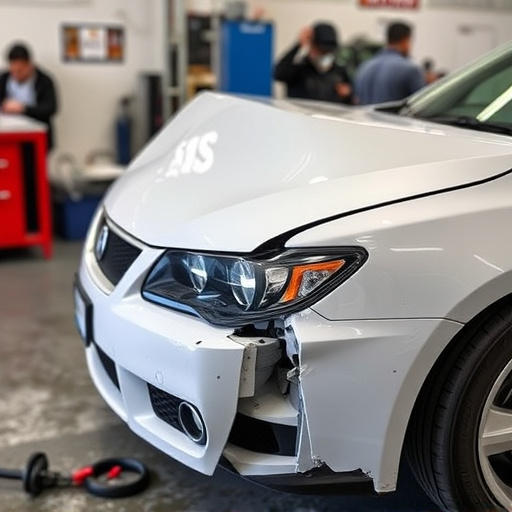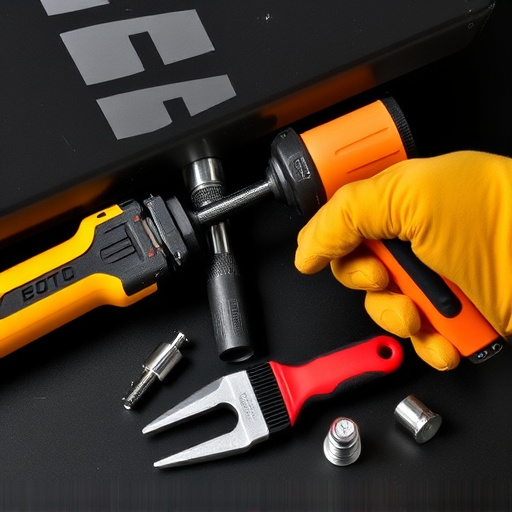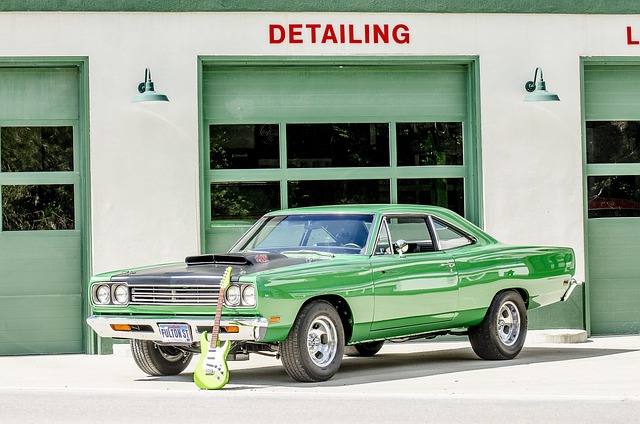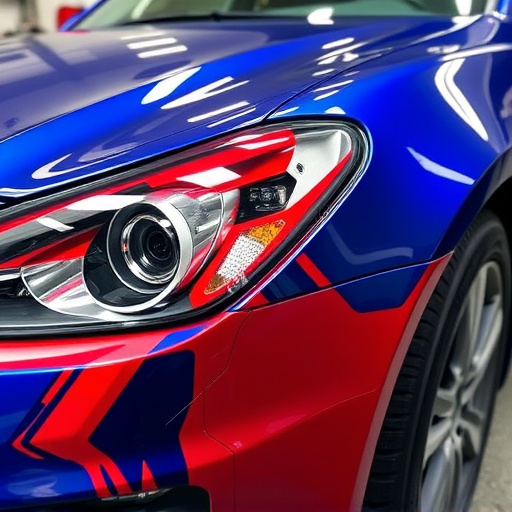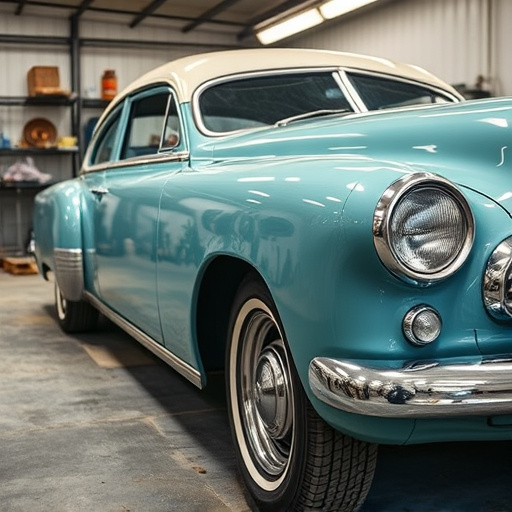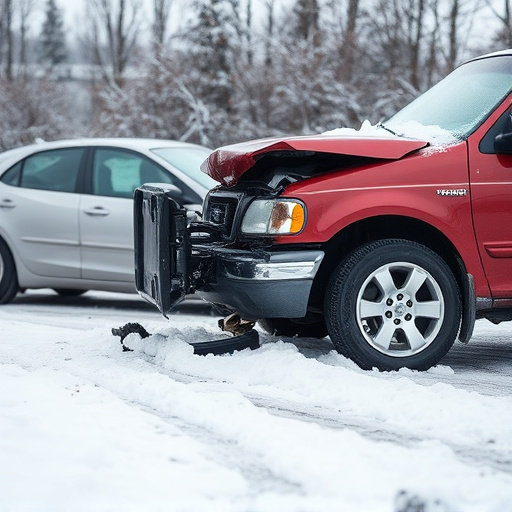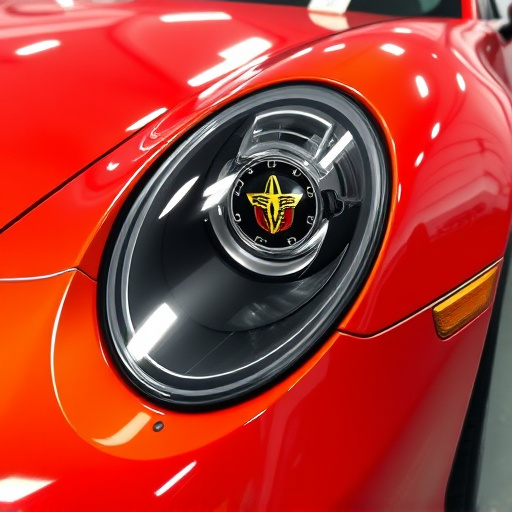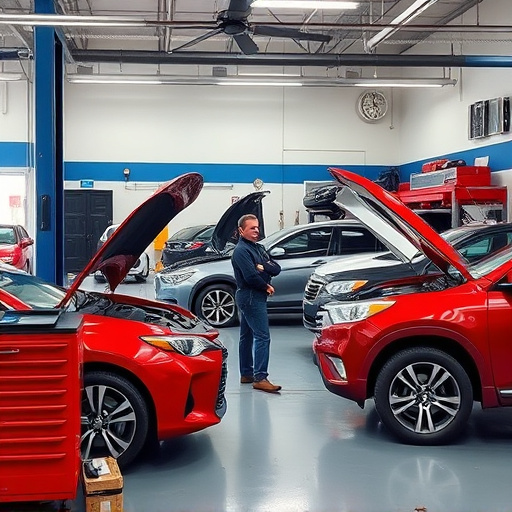Mercedes sensor adjustment is crucial for modern vehicle safety, ensuring sensors detect and respond accurately during collisions. Regular auto maintenance, including bumper repair, requires proper calibration to maintain factory specifications and safety ratings. Accurate adjustments enhance passenger security and performance of features like airbag deployment and brake activation. Schedule routine inspections for optimal sensor functionality and peace of mind while driving.
Mercedes sensor adjustment plays a pivotal role in ensuring factory-standard vehicle safety ratings. This intricate process calibrates sensors crucial for advanced driver assistance systems (ADAS) and crash avoidance. By meticulously fine-tuning these sensors, Mercedes guarantees optimal performance during rigorous crash tests, meeting or exceeding industry safety benchmarks. This article delves into the significance of sensor adjustment, explores its impact on safety, and provides maintenance tips to keep these vital components operating at peak efficiency.
- Understanding Mercedes Sensor Adjustment Role in Safety
- Impact of Accurate Sensor Calibration on Crash Tests
- Maintenance Tips for Optimal Sensor Performance and Ratings
Understanding Mercedes Sensor Adjustment Role in Safety

Mercedes sensor adjustment plays a pivotal role in maintaining the vehicle’s safety standards, aligning them perfectly with factory specifications. These sensors are the unsung heroes that continuously monitor and regulate various systems, from braking to steering and airbag deployment. By ensuring precise calibration, Mercedes keeps the performance of these critical components at their peak, which is essential for optimal collision avoidance and passenger protection.
Regular auto maintenance, including bumper repair and car restoration, involves checking and adjusting these sensors as per manufacturer guidelines. This proactive approach not only enhances the overall safety rating of the vehicle but also ensures that any potential issues are identified and rectified promptly. It’s a testament to Mercedes’ commitment to providing not just a reliable ride but a secure one too, showcasing their dedication to quality through meticulous sensor adjustment practices.
Impact of Accurate Sensor Calibration on Crash Tests

Accurate sensor calibration is paramount in modern vehicle safety systems, especially during crash tests. These sensors, meticulously adjusted and calibrated, play a pivotal role in detecting and responding to collision scenarios, thus enhancing the overall safety rating of Mercedes vehicles. When a car undergoes a collision, numerous sensors swiftly assess the impact, enabling the deployment of airbags, triggering brake systems, and even adjusting seatbelts for optimal protection. Inaccurate or poorly calibrated sensors could lead to delayed responses or misjudgments during these critical fractions of a second, potentially compromising passenger safety.
For auto body shops and collision repair shops engaged in car restoration, ensuring proper Mercedes sensor adjustment is non-negotiable. It’s not just about adhering to factory standards; it’s about safeguarding lives on the road. Precise calibration ensures that vehicles return to their optimal safety configurations after repairs or modifications, maintaining the integrity of the original equipment and preserving the high safety ratings associated with Mercedes automobiles.
Maintenance Tips for Optimal Sensor Performance and Ratings
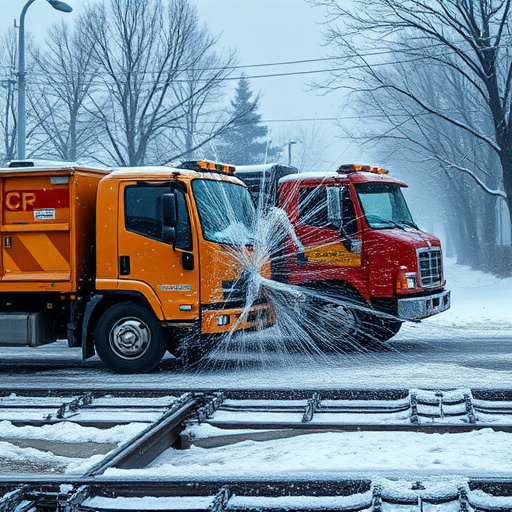
Proper Mercedes sensor adjustment is a key factor in maintaining optimal vehicle safety ratings. Regular check-ups and adjustments are essential to ensure that all sensors are functioning at their best, which is crucial for detecting potential hazards on the road. This includes maintaining proper calibration of sensors like the collision avoidance system, lane departure warning, and parking assistance—all integral parts of modern vehicle safety features.
To keep your Mercedes’ safety systems in peak condition, schedule regular auto maintenance visits. During these appointments, professional mechanics can inspect and adjust sensors, replacing any worn-out components as needed. Remember that even minor issues with sensor adjustment can impact the effectiveness of your car’s safety ratings, especially during severe weather conditions or automotive collision repair scenarios. Regular care and attention to these details ensure not just optimal performance but also peace of mind while driving.
Mercedes sensor adjustment plays a pivotal role in maintaining factory-standard safety ratings. By accurately calibrating sensors, vehicles perform optimally in crash tests, ensuring the safety of all occupants. Regular maintenance is key to keeping these critical systems in top shape, thus enhancing overall vehicle performance and reliability. Implement the tips outlined in this article to ensure your Mercedes’ sensors remain precise, thereby upholding its exceptional safety standards.
